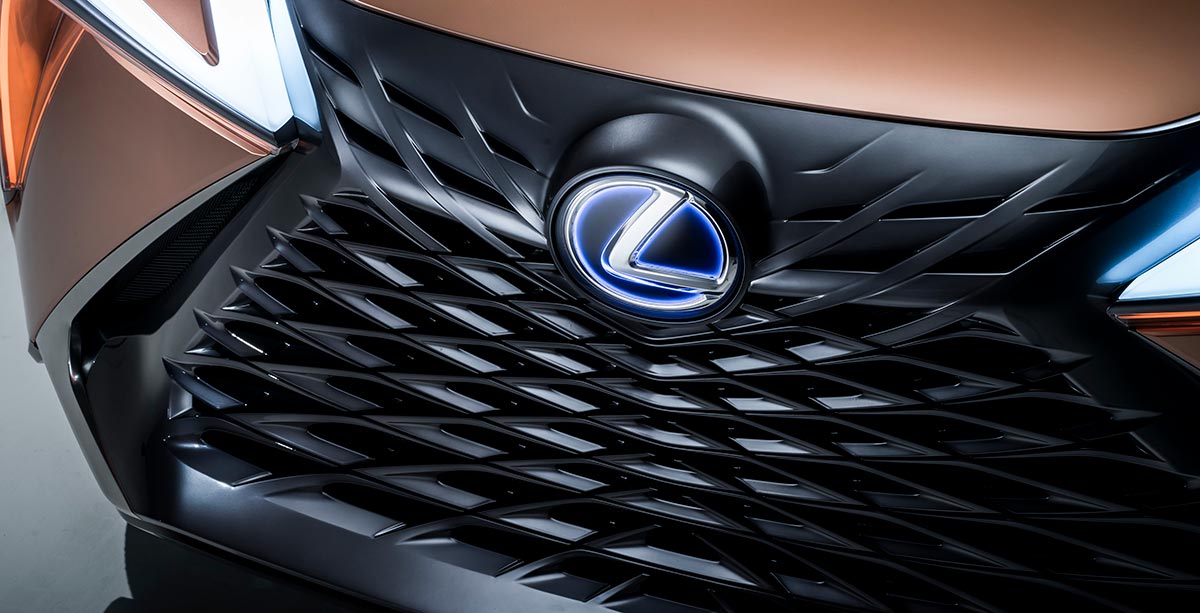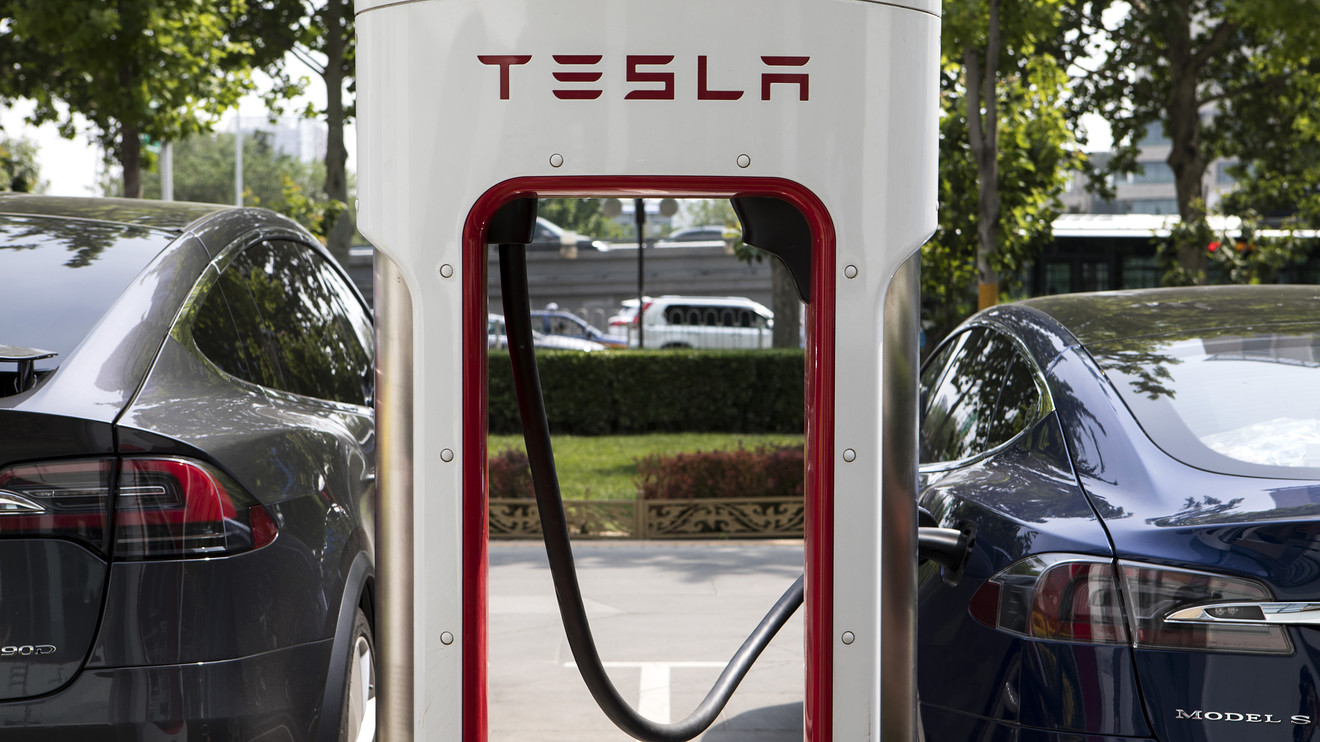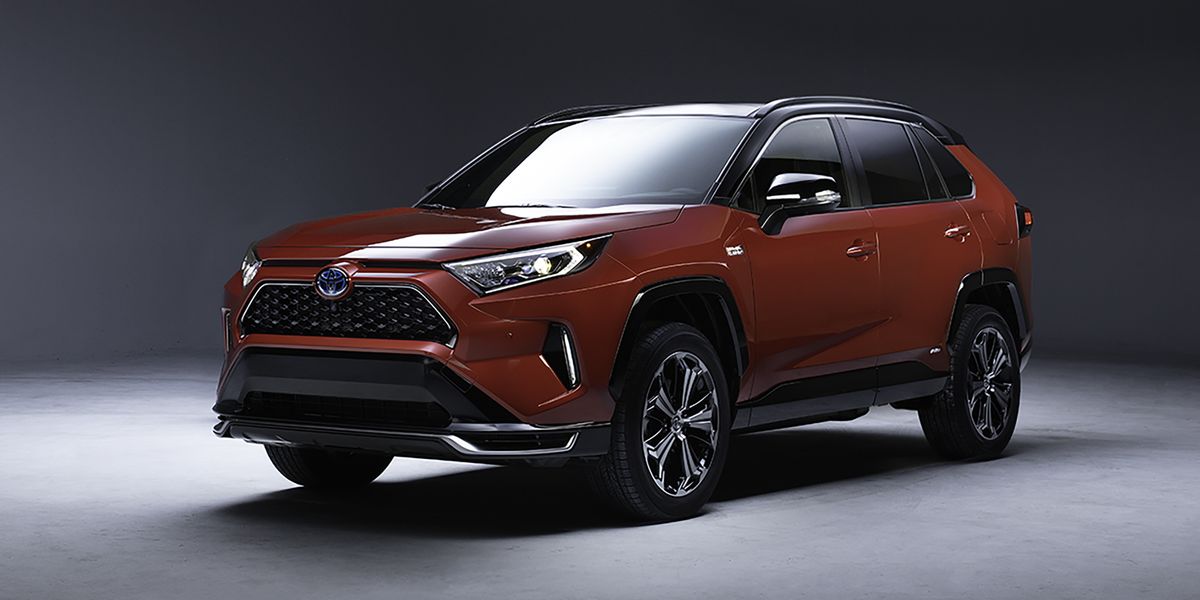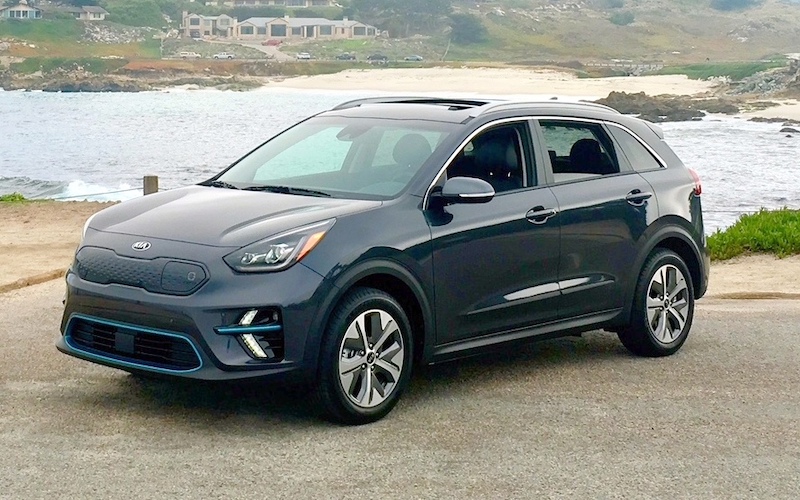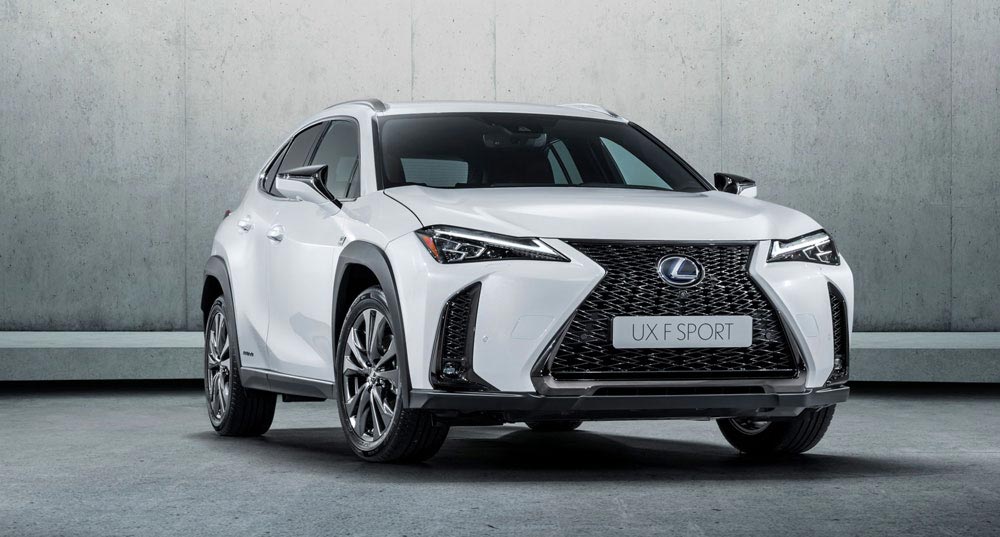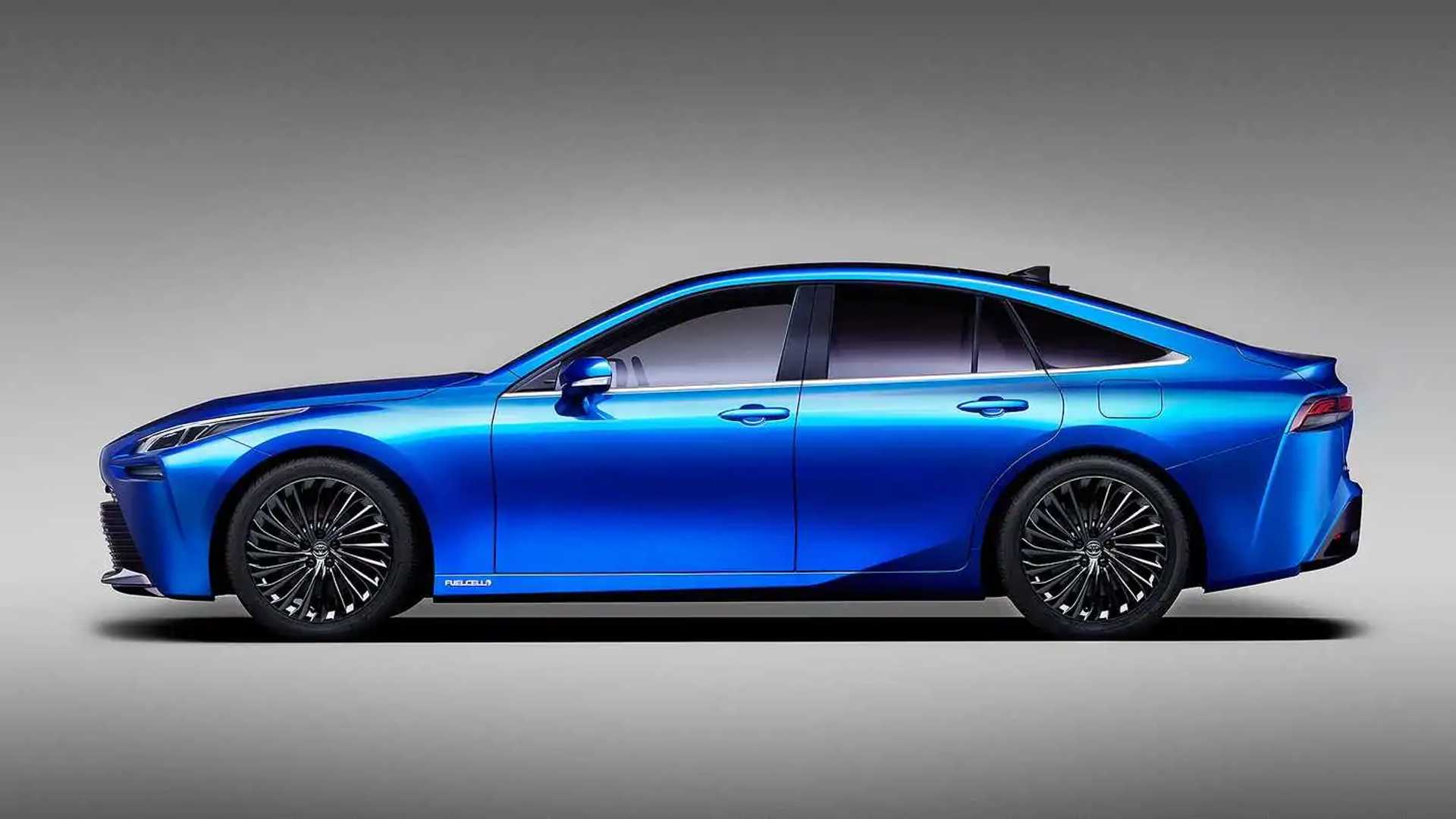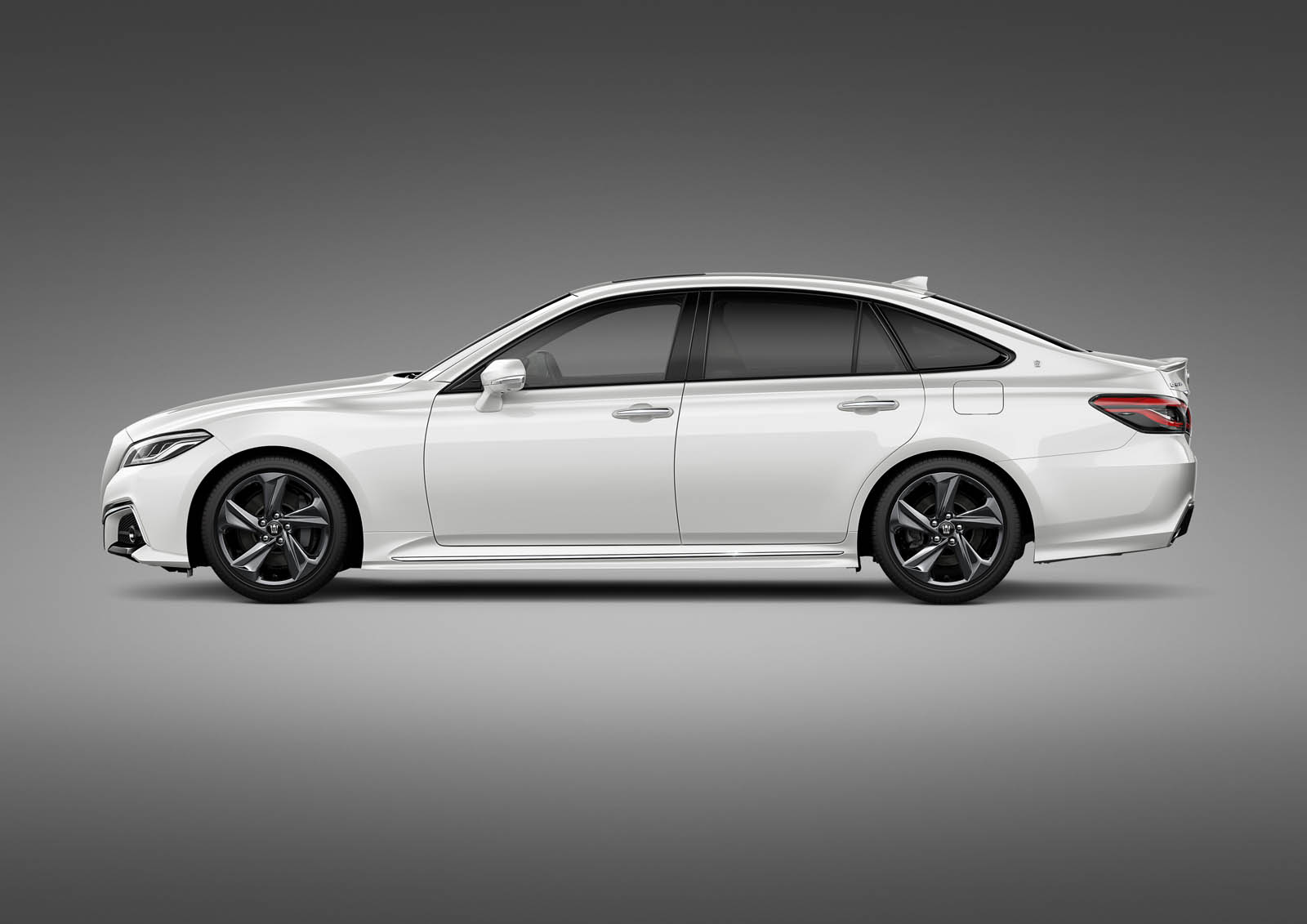Autocar India has an interview with Lexus International executive vice-president Koji Sato on the brand’s plans for electric vehicles:
How is Lexus readying for the advent of new-age technology like electric drivetrains and autonomous control? Some say Lexus has been lagging behind on some of these fronts.
Sato: Well, I would say that is not entirely correct. We believe that when it comes to electrified and autonomous vehicles, we also need to look at the market conditions and the state of the available infrastructure. And it’s important that we match the readiness of both those aspects. So in that sense, we’re not behind as far as new technologies go.
With EVs coming in sooner rather than later, do you think this is going to be an opportunity for you to redefine the Lexus brand?
Sato: Yes, I think so, especially with EVs. It’s a big opportunity for us to change the structure of the vehicles by using batteries. We are the pioneers of hybrid technology and have enough knowledge to manage hybrid systems. That will help us enhance EV technology, so it’s a great opportunity to make a better car.
While all signs point towards a major EV push from Lexus, all of the brand’s major competitors already have electrified products available in dealerships.
(That said, this fits with the Lexus strategy of waiting for sustainable growth before releasing products — both the NX and UX crossovers were behind the release curve of competitors, and both models have quickly established significant market share in their respective segments.)

